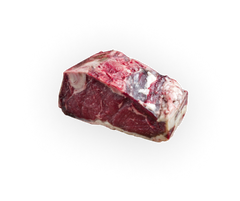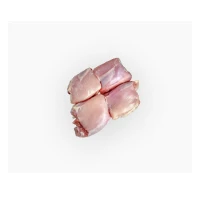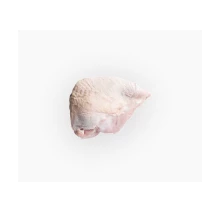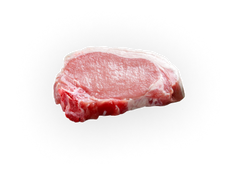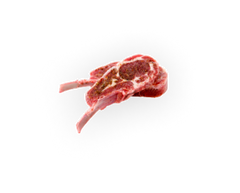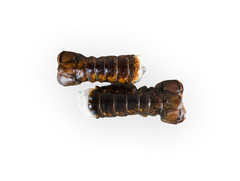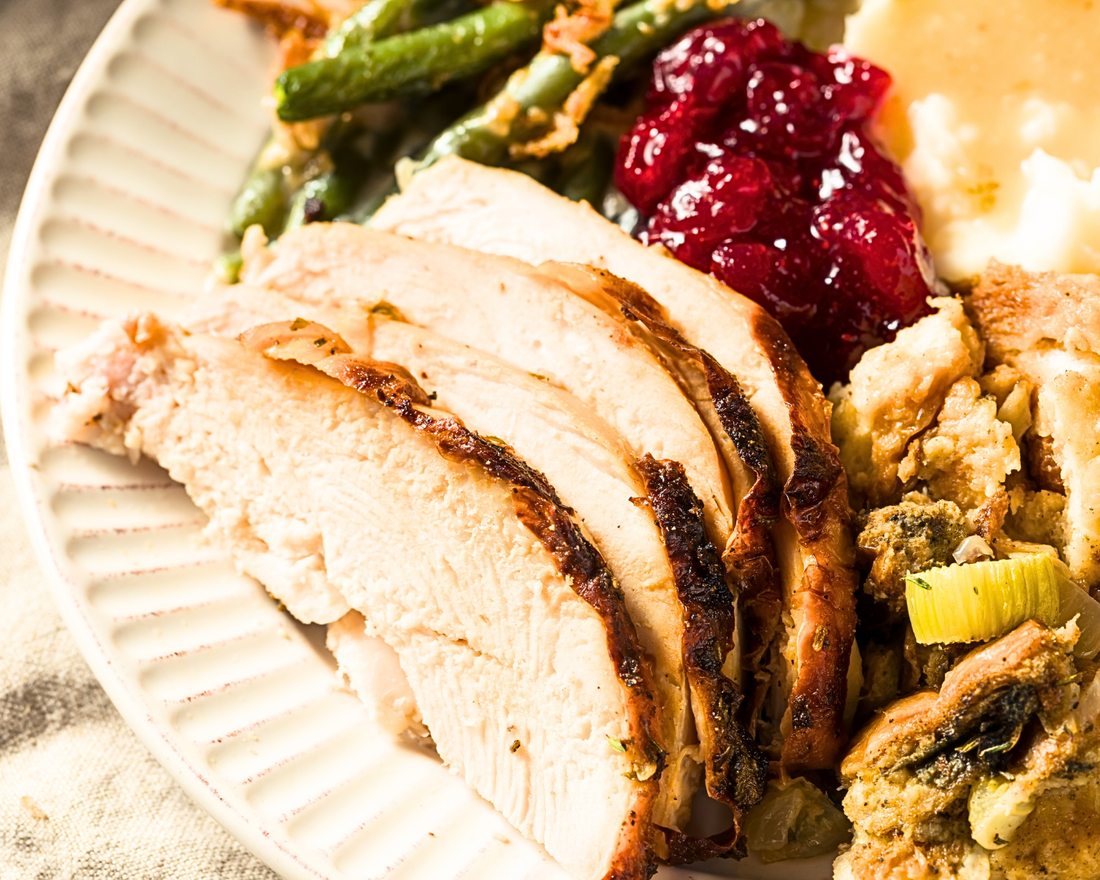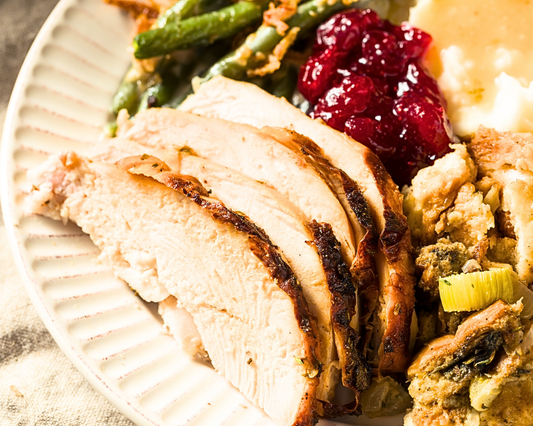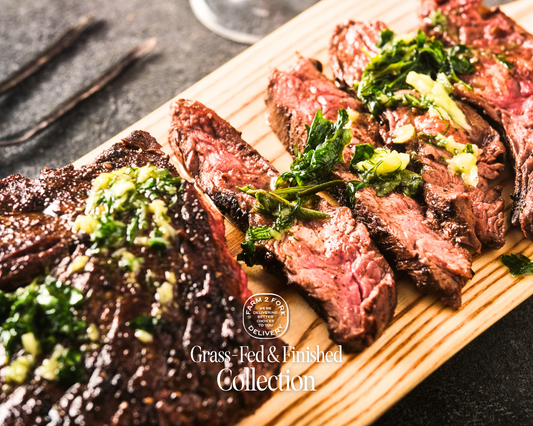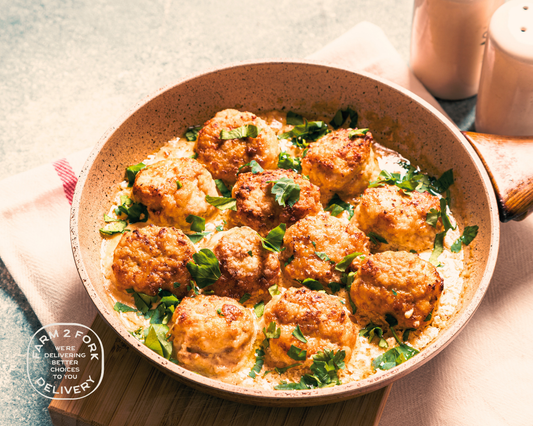If you’re looking for a lean, nutrient-dense protein source, turkey meat deserves a spot on your plate. Whether you order whole birds, cuts, or ground turkey, you’re choosing a food that delivers serious nutritional value. Below, we break down what makes turkey so good for you—and why making it part of your weekly menu is a smart move.
Macronutrients: Protein, Fat, Carbohydrates
Turkey is primarily valued for its high protein / low fat profile. According to the Canadian Nutrient File, 100 g of dark, boneless, skinless roasted turkey provides about 29 g of protein, with approximately 7.9 g of fat and 0 g of carbohydrate.
Ground turkey, when cooked, also offers similar nutrition: ~28 g protein and ~8.7 g fat per 100 g.
If you prefer the leanest cuts, skinless turkey breast is especially low in fat—just a few grams per 100 g serving—making it ideal for low-fat diets. But even darker cuts (legs, thighs) are leaner than many think, and they bring extra minerals and flavour. The key is removing the skin (where much of the fat resides) and choosing cooking methods that don’t add too much extra fat.
Because turkey has virtually no carbohydrates, it fits well into low-carb or high-protein eating plans.
Micronutrients & Essential Nutrients
One of turkey’s standout features is how many important vitamins and minerals it provides. Some of the highlights include:
-
Niacin (vitamin B3): Turkey is considered an excellent source of niacin, which helps convert food to energy and supports nervous system function.
-
Vitamin B12 & B6: These B-vitamins support nerve health, red blood cell formation, and energy metabolism.
-
Selenium: An antioxidant mineral that supports immune function and offers protection against oxidative stress. Turkey is often listed as an “excellent source” of selenium.
-
Zinc & Iron: Especially in darker cuts, turkey contributes meaningful zinc (important for immunity and wound healing) and heme iron (which is more readily absorbed).
-
Phosphorus & Potassium: Turkey delivers good amounts of these minerals, which support bone health, fluid balance, and cellular function.
-
Magnesium: Present in modest amounts, it helps with muscle and nerve health.
In fact, turkey is sometimes touted as a “superfood” for meat proteins in Ontario’s promotional materials because of this combination of lean protein and micronutrients.
Health Benefits & Why It Matters
Here’s where turkey’s nutritional profile translates into real advantages:
-
Supports Lean Muscle and Recovery
The high-quality protein in turkey contains all essential amino acids, which your body cannot produce on its own. This makes turkey a “complete protein” suitable for muscle building, repair, and maintenance. -
Helps with Satiety and Weight Control
Protein is known to boost feelings of fullness and promote calorie burning from digestion. So substituting turkey for fattier meats may help you stay satisfied while managing your energy intake. -
Supports Heart Health
Because turkey is relatively low in saturated fat (especially if you remove the skin) and naturally low in sodium, it’s a better choice for cardiovascular health than many processed or fattier meats. -
Boosts Immunity and Cellular Health
Selenium and zinc support immune function, while B-vitamins are crucial for energy and overall metabolic health.
How to Use Our Turkey Products
When you browse our turkey collection, you’ll find a variety of cuts and formats—whole birds, breast cuts, ground turkey, perhaps even heritage or organic options (depending on current stock) Here are some tips:
-
Choose skinless or remove the skin to reduce fat intake.
-
Use lean cuts (breast or ground turkey) in recipes such as stir fries, tacos, soups, casseroles, or burgers.
-
Pair turkey with vegetables and whole grains to round out your meals with fibre, colour, and extra phytonutrients.
-
Season lightly—turkey has mild flavour, so you can use herbs, spices, citrus, or marinades without excessive salt or heavy sauces.
Sample Nutrition Snapshot & Comparisons
-
Dark turkey meat (boneless, skinless, roasted): ~ 196 cal, 29 g protein, 7.9 g fat per 100 g
-
Ground turkey (cooked): ~ 196 cal, 28 g protein, 8.7 g fat per 100 g
-
Skinless turkey breast: extra lean, with just a few grams of fat per 100 g
Compared to many red meats or processed deli meats, turkey often delivers similar or higher protein with lower saturated fat and sodium—especially when minimally processed.
With excellent protein quality, a robust micronutrient profile, and versatility in the kitchen, turkey meat is a smart choice for everyday meals.
Order from our Turkey Collection
